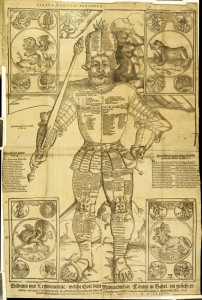My latest article for Museum Identity magazine, Where next for open cultural data in museums?, is now live online and in the current print issue of Museum-iD 13.
Site abstract: "Museums have increasingly been joining the global movement for open data by opening up their databases, sharing their images and releasing their knowledge. Mia Ridge presents a brief history of open cultural data projects, explores some reasons why some data is relatively under-used and looks to the future of open cultural data".
